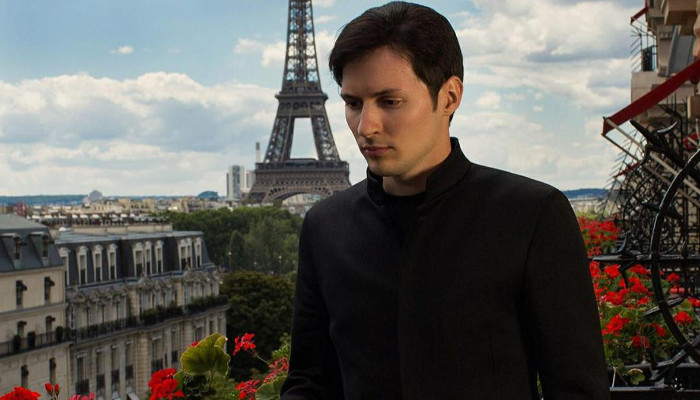Telegram founder Pavel Durov transferred from police custody to court after arrest in France
 Telegram founder Pavel Durov was released from police custody in France on Wednesday and transferred to court for questioning ahead of a possible indictment, prosecutors told CNN, days after his dramatic arrest at a Paris airport. The Russian-born billionaire exited the anti-fraud office outside Paris in what appeared to be a police vehicle on Wednesday afternoon, according to a CNN producer there. The Paris prosecutor’s office said he would now face “initial questioning and possible indictment” at a court in the French capital. Durov’s app, and its lack of content moderation, has also come under scrutiny for its use by terrorist groups and far-right extremists. He was placed in custody for up to 96 hours, the maximum amount of time someone can be held under French law before being charged. The Kremlin has sought to calm fears in Russia about the future of the app, with Russian government spokesman Dmitry Peskov attempting to dispel calls for users to delete their sensitive messages on the app. French President Emmanuel Macron on Monday said the decision to bring charges against Durov was “in no way political,” a rare intervention by a French leader into a judicial matter. Telegram was launched in 2013 by Durov and his brother, Nikolai. The app now has more than 950 million users, according to a post from Durov last month, making it one of the most widely used messaging platforms in the world. Conversations on the app are encrypted, meaning that law enforcement agencies – and Telegram itself – have little oversight on what users post. Durov was born in the Soviet Union in 1984, and in his 20s became colloquially known as the “Mark Zuckerberg of Russia.” He left the country in 2014 and now lives in Dubai, where Telegram is headquartered, while also holding French citizenship. He is worth an estimated $9.15 billion, according to Bloomberg, and has maintained a lavish, globe-trotting lifestyle over the past decade. But while his app has won plaudits from free speech groups and enabled private communication in countries with restrictive regimes, critics say it has become a safe haven for people coordinating illicit activities - including the terrorists who planned the Paris terror attacks in November 2015. “You cannot make it safe against criminals and open for governments,” Durov told CNN in 2016. “It’s either secure or not secure.” |

Iran, US lay down guiding principles for potential nuclear deal
5118:50
USAF deploys 18 F-35A from Lakenheath to the Middle East
6218:31
Statement by the Family of Ruben Vardanyan
14112:25
Shooter who killed two at a high school hockey game in Rhode Island identified by police as Robert Dorgan
15811:42
Egypt uncovers 10,000-year-old 'open museum' of rock art in South Sinai
28300:35
Robert Duvall, Oscar-winning actor and 'Godfather' mainstay, dies at 95
29900:00
